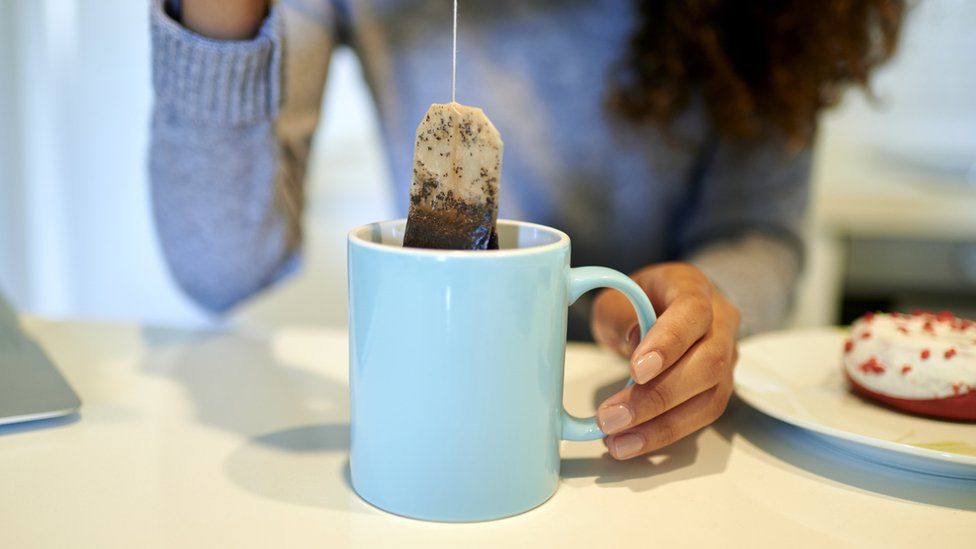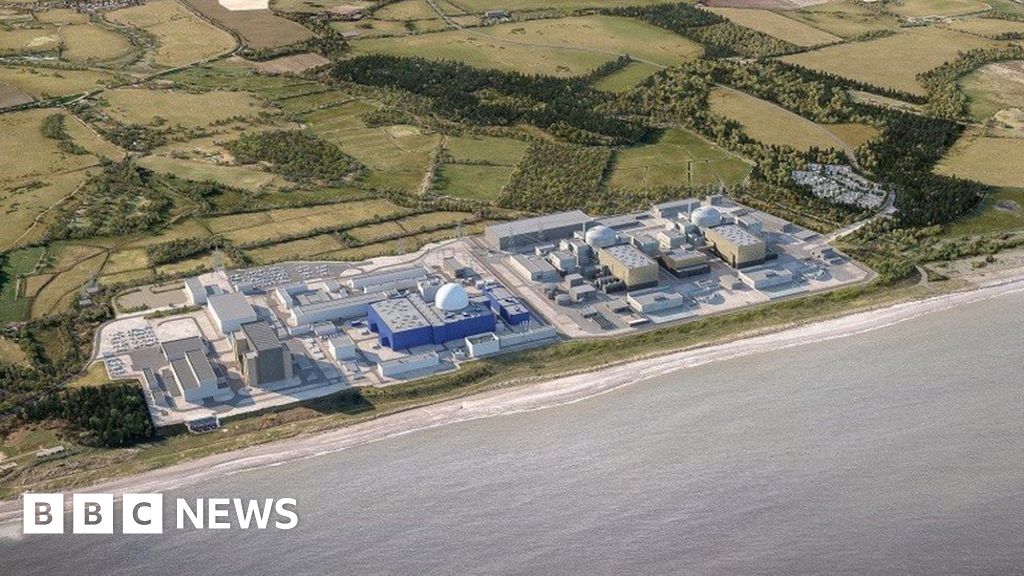ARTICLE AD BOX
 Image source, Getty Images
Image source, Getty Images
By Michael Race
Business reporter, BBC News
The cost of making a cup of tea went up significantly as food prices continued to rise at record rates in October, the British Retail Consortium said.
Costs for tea bags, milk and sugar all rose as food price inflation jumped from 10.6% last month to 11.6%, the BRC-NielsenIQ price index found.
The hike in shop prices was due to higher costs for ingredients and energy, as well as worker shortages.
The war in Ukraine has pushed up energy and food prices around the world.
The conflict has disrupted supplies from both Russia and Ukraine, which are major exporters of goods such as sunflower oil, wheat, and fertiliser.
And with oil and gas prices at high levels, businesses are having to pay more to transport produce due to higher fuel costs. Worker shortages have also contributed to higher wages for workers, such as lorry drivers.
'Humble cuppa'
Helen Dickinson, chief executive of the British Retail Consortium, said October had been a "difficult month" for customers, who had not only faced an increase in energy bills, "but also a more expensive shopping basket".
"Even the price of basic items went up, with the price of the humble cuppa rising, as tea bags, milk and sugar all saw significant rises," she said.
"With Christmas fast approaching, customers are looking for any sign of respite, but it is increasingly difficult for retailers to shoulder the ongoing supply chain pressures."
These price rises are tracked using a figure called the inflation rate - a measure of the increase in the price of something over time.
For example, if a bottle of milk costs £1 and it goes up to £1.05 a year later, then milk inflation is 5%.
Latest figures show fresh food inflation accelerated in October to 13.3%, up from 12.1% in September, which is the highest rate on record for the food category.
Ms Dickinson said the government could step in to curb food price rises by freezing business rates, which she argued would prevent "an additional £800m bill landing on the plates of retailers and in turn their customers in 2023".
The Department for Business, Energy and Industrial Strategy has been contacted for comment.
Overall inflation - the rate at which UK prices rise - surged to 10.1% in September and is expected to climb further.
Experts have said the high inflation will put pressure on the Bank of England to hike interest rates at its next meeting on Thursday.
By raising rates, the Bank aims to encourage people to save more and spend less, in the hope this will stop prices rising as fast. It has increased rates seven times in a row since December as it tries to bring inflation back down to its 2% target.
But higher rates also drive up borrowing costs for mortgage holders and businesses, and experts warn this could put a brake on economic growth.

 2 years ago
41
2 years ago
41








 English (US) ·
English (US) ·